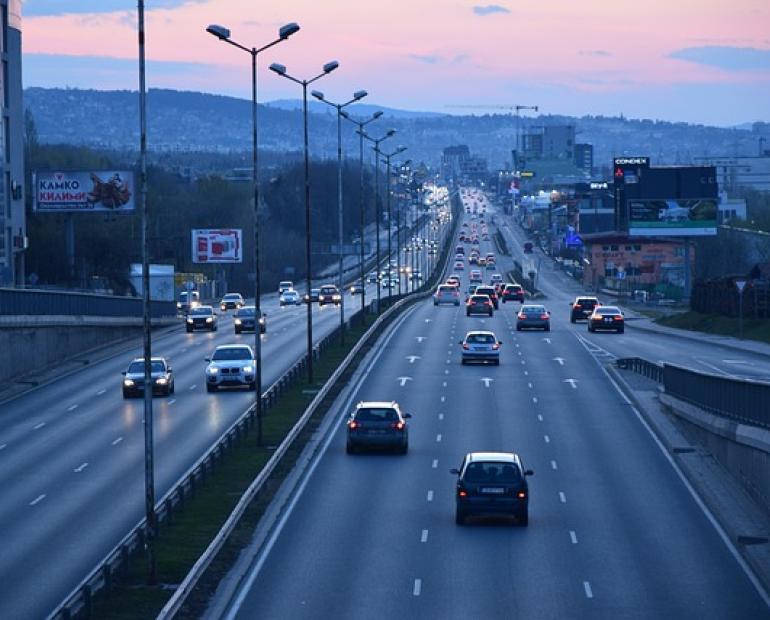
Sexual and reproductive health is a right for all women, no matter her religion, economical status, skin color, or where she lives. Being sexual and reproductive health a central aspect of their lives that has a great impact on their development at all ages. Sadly, in Peru, many women and teenagers still do not have all the facilities to access to information and services that allow them to exercise this important right.
The possibility of deciding and taking action to protect their health, as well as to plan their future and that of their family, is seriously affected by different barriers, these can be regulatory, territorial and cultural. As mentioned by UNFPA Peru, this can lead to unplanned teenage pregnancies, sexually transmitted infections (HIV/AIDS), and even preventable deaths during pregnancy or childbirth.
Thus, Peru is no stranger to the harsh reality that many pregnant women face in other countries. A Peruvian woman dies every day from causes related to childbirth and pregnancy that could be prevented. This is due to limited access to sexual and reproductive health, as I mentioned earlier. Women have a greater need for health services, derived from their reproductive function and biological characteristics. According to the United Nations estimates, the maternal mortality ratio decreased by 73% between 1990 and 2015, going from 251 to 68 deaths of women during pregnancy or childbirth for every 100,000 births. If we analyze the data published by the Ministry of Health (MINSA), the number of births attended by nationally qualified health personnel increased from 59% in 2000 to 93% in 2015. In rural areas, the increase was even more pronounced: from 64% to 75%. However, delivery at home in rural areas is still high (23%), especially in the Amazon. I never had met anyone who has experienced or dealt with these conditions, but that doesn’t mean that this isn´t a really chaotic problem that the vast majority of women, especially, in poor conditions live.
The solution is family planning. Family planning allows women to make informed decisions about how many children to have and at what point in their lives. It helps them to plan for their future. Having access to safe and voluntary family planning is a human right. Being essential for gender equality and a key factor in reducing poverty. As mentioned by UNFPA Peru, the use of modern contraceptive methods has proven to be one of the most cost-effective interventions to prevent maternal deaths and abortions, as well as unplanned and high-risk pregnancies. However, Peru is one of the Latin American countries with the lowest levels of use among united women (ECLAC 2017).
As a country, we have a lot of progress to do in order to help and prevent women from dying while giving birth, or from getting infected with HIV/AIDS, or from getting pregnant when they do not want to.






